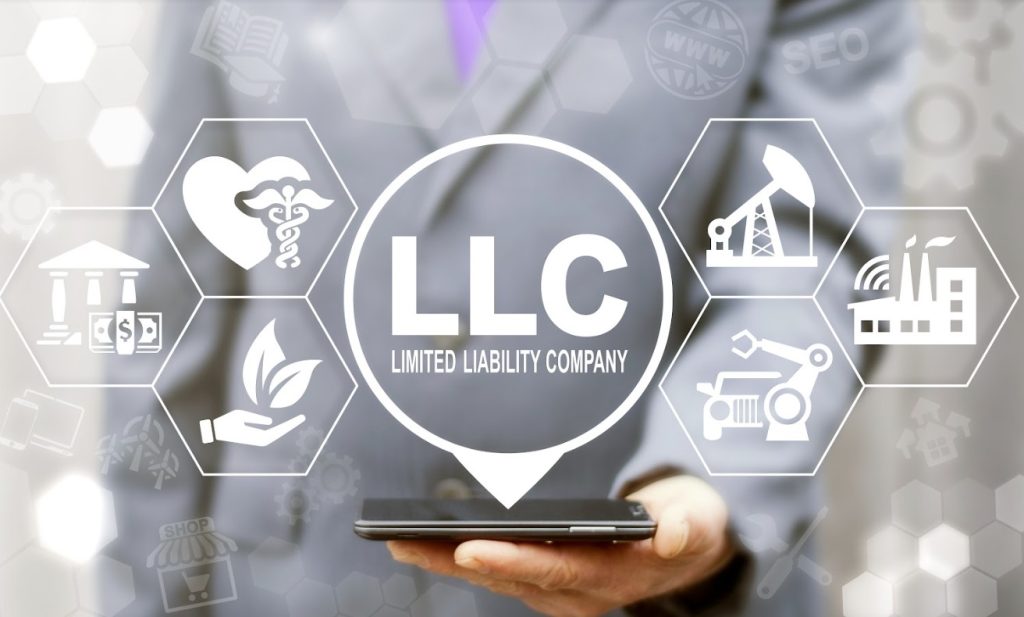Running a construction business can be one of the promising ways to generate great profits. People are always looking for construction services, whether to construct a new property or renovate a current one. Therefore, there’s a constant demand for construction services, enabling you to connect with many potential customers.
You’ll have to make many decisions when starting a new construction company. And one of them is to choose among the various business structures for your firm. One structure that’s most popular among construction businesses is the limited liability company (LLC).
What Is An LLC?
An LLC is a business structure that combines the characteristics of a sole proprietorship or partnership and a corporation. It provides limited liability to its members like a corporation and offers pass-through taxation to the company, which means that the LLC owners will have to pay their own taxes.
Owners of LLCs are referred to as members. The best thing about this business structure is that there are no restrictions on ownership. Anyone, including individuals, and corporations, can be a member of an LLC. Additionally, there’s no minimum or maximum number of members. You can check the state’s requirements for more information about an LLC.
Is An LLC A Good Fit For Construction Businesses?
Deciding to run your construction business as a Florida LLC has several implications, and you should take the move only after clearly understanding its pros and cons. It’s also advisable to work with experts like corporate lawyers and financial advisors for professional advice to ensure you make the right choice.
Pros Of Running A Construction Business As An LLC
There are several benefits of having your construction firm as an LLC. They include the following:
- Limited Personal Liability
Starting a business as a sole proprietorship or partnership has fewer legal formalities. This implies that the company’s debts are also your liabilities. Simply put, your personal assets or properties can be used to cover the company’s debts.
LLCs have legal personalities in the eyes of the law that is considered independent outside of its owners or founding members. As such, LLCs are responsible for its own debts. Therefore, your personal assets can’t be used to settle business debts and other obligations.
- Tax Advantage
Unlike corporations, LLCs don’t pay taxes on their own names. Depending on the number of members, LLCs usually adopt the tax status of partnerships or sole proprietorships. As such, your construction LLC will always enjoy pass-through taxation. The LLC earnings are distributed among owners, who then pay personal income tax.
- Versatility
Although corporations also offer limited liabilities to members, they must adhere to some strict legal requirements. For instance, they must hold annual general meetings and make annual reports. In contrast, members of an LLC have more flexibility and may hold meetings only when they deem it necessary.
- Perpetual Existence
Another great benefit of forming a construction firm as an LLC is because of its perpetual existence. A sole proprietorship comes to an end when its owner dies. A partnership must be dissolved when one or more members retire or dies.
In contrast, an LLC has a perpetual existence. The death, withdrawal, or retirement of a member won’t lead to the dissolution of the company. Hence, this makes it the best structure if you want your children and other members to continue running the business when you retire.
Cons Of Runnings A Construction Firm As An LLC
As you’ve seen above, running a construction firm as an LLC has several benefits, but it also has its disadvantages. Here are some of them.
- It Doesn’t Eliminate All Risks
As explained earlier, forming an LLC is the best way to reduce personal liability if the firm is in legal trouble. However, it doesn’t eliminate all the risks since your company can still lose properties and profits in lawsuits.
For instance, if an employee gets injured at the construction site, they can file a lawsuit asking for compensation. Depending on the injury’s severity and the court’s decision, the LLC may be required to pay the employee a significant sum of money as compensation,
- Expensive To Form
Compared to sole proprietorships and partnerships, LLCs cost more money to form. For instance, you’ll have to pay an initial formation fee to the government. You may also be required to pay ongoing fees from time to time. Furthermore, you may need to apply for registration should you choose to expand your business to another state.
Takeaway
You may wonder whether an LLC is a good fit for a construction business. While it has many benefits and only a few drawbacks, you must still discuss it with the founding members to determine if it’s the right structure for your construction business. If you agree to form an LLC, ensure you follow the proper steps that comply with federal and state laws.

Building, Design & Construction Magazine | The Choice of Industry Professionals





